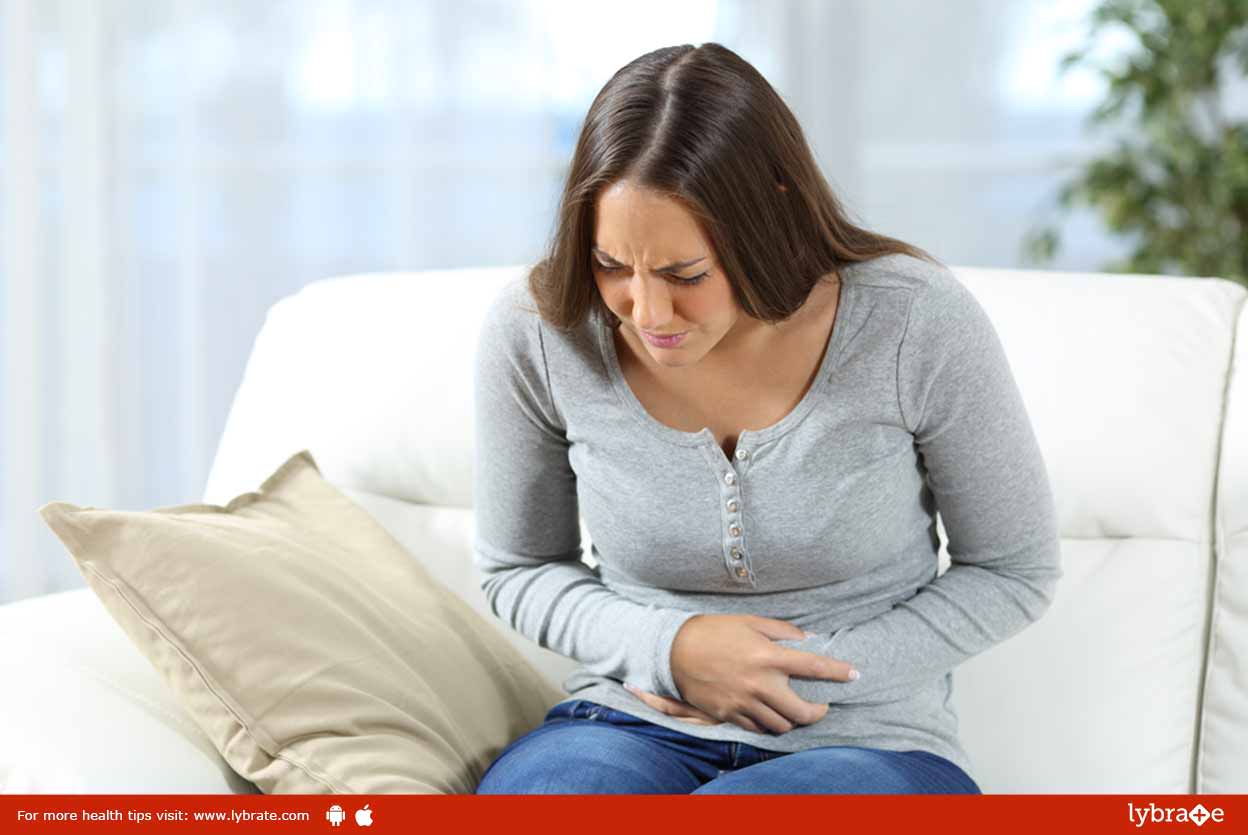By Dr.Vijay Rai,Gastroenterology
Excessive gas build-up in your digestive system can make your stomach protrude outwards. It also makes you feel “heavy”. If this sounds familiar, you have a bloated stomach. There are myriad reasons behind a bloated stomach, and the symptoms could be mild and temporary or could mean some other serious condition is affecting you.
CAUSES-
There are more than two dozen causes behind a bloated stomach; some possible ones include:
- Digestive disorders (Example: irritable bowel syndrome, celiac disease, etc.)
- Fluid retention
- Dehydration
- Constipation
- Food sensitivities or allergies (Example: lactose intolerance or peanut allergy)
- Small intestinal bacterial overgrowth (SIBO)
- Infection
- Bowel obstruction
- Hormonal changes
- Cancer
Besides these underlying conditions, certain foods may also cause bloating, such as:
- Sweetened snacks
- Flavoured dairy products
- Refined grains
- Certain vegetables such as garlic, onion, cauliflower, cabbage and broccoli
SYMPTOMS-
Besides the obvious signs of a swollen belly, do visit a doctor if you have the following symptoms accompanying the bloating:
- Fever
- Skin hives or rashes
- Itchy throat, watery eyes and allergic reaction
- Diarrhoea or constipation
- Nausea or vomiting
- Blood in stool or urine
- Unintentional loss of weight
- Urinating difficulties
- Painful lymph nodes, especially in your armpits, groin or throat
- Fatigue
- Concentration difficulties
- Irregular periods
TREATMENTS
If your bloated stomach is due to any serious medical condition, you will be treated accordingly by your doctor. However, if you experience bloating due to digestive problems, you can do the following to treat your bloated stomach:
- Exercise regularly for a healthy digestive system.
- Drink plenty of water (about 2-3 litres of it each day).
- Reduce your stress levels.
- Eat foods such as yoghurt, leafy vegetables, ginger, green tea, etc.








































